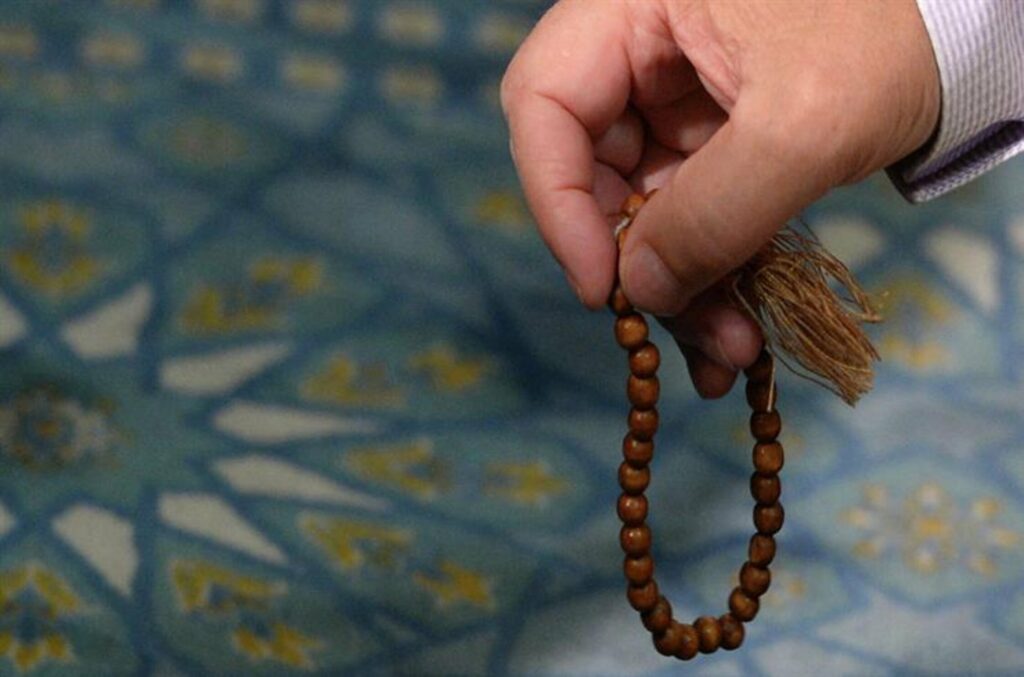What are the Days of Tashriq?
The three days following ʿEīd al-Aḍḥā are the Days of Tashrīq (the 11th, 12th and 13th of Dhul Ḥijjah). Allah describes these days as ‘the Appointed or Numbered Days’: “Remember Allah during the Appointed/Numbered Days.” (2:203)
They are also known as the ‘Days of Mina’ as pilgrims reside in Mina during these days.
These days are included among the days of ʿEīd and are from the greatest days of the year. The Messenger of Allah ﷺ said: “The greatest day in the sight of Allah is the Day of Naḥr (10th of Dhul Ḥijjah) and then the Day of Qarr (11th of Dhul Ḥijjah).” (Abū Dāwūd)
The 11th is known as the Day of Qarr because the pilgrims reside in Mina for worship (qarra means to reside), whilst Naḥr is in reference to the slaughtering of the animal.
These three days are specified for glorifying Allah, and pelting the jamarāt for those in ḥajj.
Why are they called the Days of Tashriq?
The word ‘tashrīq’ takes its name, according to the most common view, from a process used to preserve meat. Prior to the advent of the refrigeration system, the pilgrims would cut up the qurbānī meat, season it and then let it dry in the sun. This process allowed them to preserve the meat for future consumption and take it with them on their journey home.
Days of Eating and Drinking
The Messenger of Allah ﷺ said: “The Days of Tashrīq are the days of eating, drinking and the remembrance of Allah.” (Muslim)
The above ḥadīth indicates that eating and drinking during the days of Eid should help us to remember Allah (subḥānahū wa ta‘ālā) and obey Him.
He ﷺ also said: “The Day of ʿArafah (9th Dhul Ḥijjah), the Day of Naḥr (10th Dhul Ḥijjah) and the Days of Tashrīq (11th, 12th, 13th Dhul Ḥijjah) are our ʿEīd, the people of Islam, and they are days of eating and drinking.” (Nasā’ī).
Prohibition of Fasting
As the Days of Tashrīq are days of celebration for the believers, fasting is prohibited during these days. The Messenger of Allah ﷺ said: “Do not fast in these days for they are the days of eating, drinking and remembrance of Allah.” (Aḥmad)
The wisdom behind the prohibition of fasting and the command of eating and drinking is noteworthy. After the pilgrims endure difficulty and hardship during the days of ḥajj, Allah (subḥānahū wa ta‘ālā) hosts and prepares days of rest and happiness for them. Similarly, non-pilgrims also join them in this celebration after going out of their way during the blessed 10 days of Dhul Ḥijjah to fast, perform qurbānī, abundantly remember Allah and seek His forgiveness.
Hence, all the believers become guests of the Almighty, and it is not befitting of a host to allow his guests to starve. It is similar to the happiness which believers experience on ʿEīd al-Fiṭr after fasting the entire month of Ramaḍān.
The journey of ḥajj symbolises the journey of life. Pilgrims enter a state of sanctity (iḥrām) whereby they are prohibited from certain activities. In the same way, a believer is prohibited from pursuing his desires and transgressing the limits set by Allah (subḥānahū wa ta‘ālā).
Just as a pilgrim exercises patience and is then hosted by Allah (subḥānahū wa ta‘ālā) during his stay in Mina, a true believer will likewise tolerate the trials of this world and then enjoy everlasting happiness in the Hereafter. It will be said to the residents of Paradise,
“Eat and drink in satisfaction, for what you have formerly done in the days gone by.” (69:24)






